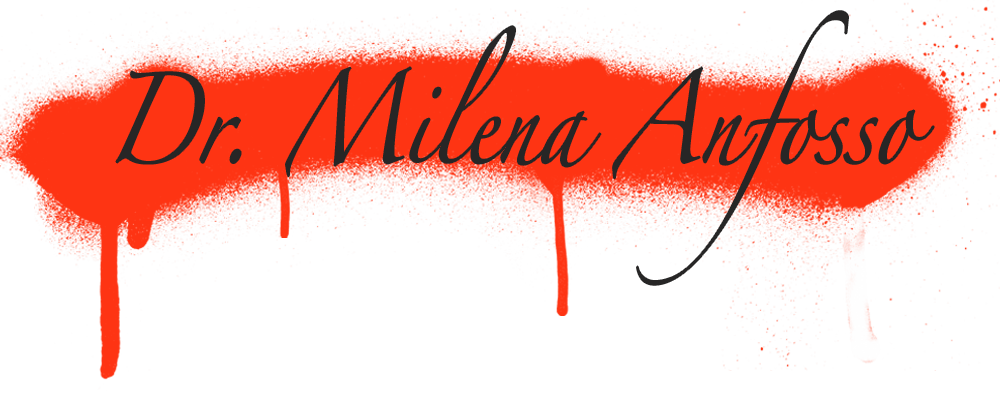
My Published Work
The Skill of Writing
I have loved writing ever since I was a child.
I remember keeping a secret journal in which I would write something new every day. Sometimes it was something meaningful. Sometimes it was as simple as “Today I didn’t do anything special, so dear Diary, I’d better go to bed.” At least I wrote something! Although it was only one line, it was a part of my commitment to it—every single day.
Because let’s be very honest, writing can be very hard. Most of the time, you must force yourself into writing to write to completion. The romanticized portrayal of the “inspired writer” who fills pages and pages with ease is not how it actually works. Continuing with my childhood persistence, I still feel compelled to sit down and write even when I do not feel like it.
Of course, creative writing and academic writing are inherently different. They each have their own rules and styles, but I would argue they have more in common than you might think. Mastering one naturally will give you an advantage when writing the other. For starters, they require an everyday commitment to be successful. Do not forget that even a single line is better than no line.
Then, in my writing journey, I have learned one thing over and over… first drafts always s***. Repeat with me: FIRST DRAFTS ALWAYS S***! There are many ways to make the first draft s*** less, like having an outline, discussing the argument with peers before starting, and of course, extensive research. However, both academic and creative writing requires extensive editing.
Although it hurts, there is no better way to improve your work than to solicit feedback. Once you have finished your work of brilliance, it is time to submit it to various merciless reviewers for comments. Extracting ideas from your brain and putting them on paper for the whole world to see can be terrifying. Getting used to this vulnerability takes a lot of practice.
Of course, I don’t need to sabotage myself by sending a newly written abstract to one of my envious academic colleagues or a set of poems that kept me up all night for the past month to one of my poetry-hater friends. Constructive (notice I did not say “good”) feedback is challenging to find because the skill of “providing feedback” is honed over the years and rarely taught in school. You must build a small group of mentors and peers who understand how to give feedback and can give it to you sincerely.
Your first (and very typical) reaction to comments will likely be savage rage expressed by a liberating “F*** YOU!” Once you have got that out of your system, the second (rational) reaction will be an embarrassing dose of self-pity exemplified by a sniveling “F*** ME!” Then, you will realize that you respect and trust those in your feedback group, so you will find a new, unexpected balance that brings your manuscript to the next level. Trust me. Been there, done that.
Many people have a gift for crafting compelling narratives. However, we must not forget that writing is an ongoing process that requires commitment, self-discipline, and humility. So, there are always things to work on. If you are striving to write, I will be happy to lend you a hand!
You can check out my published work here:
